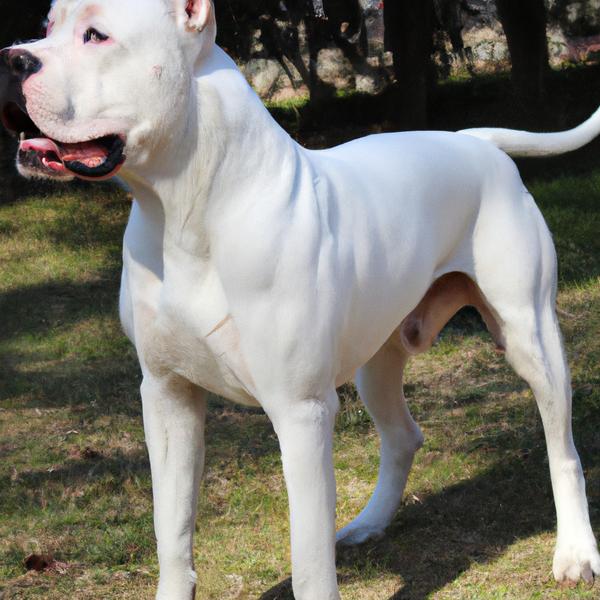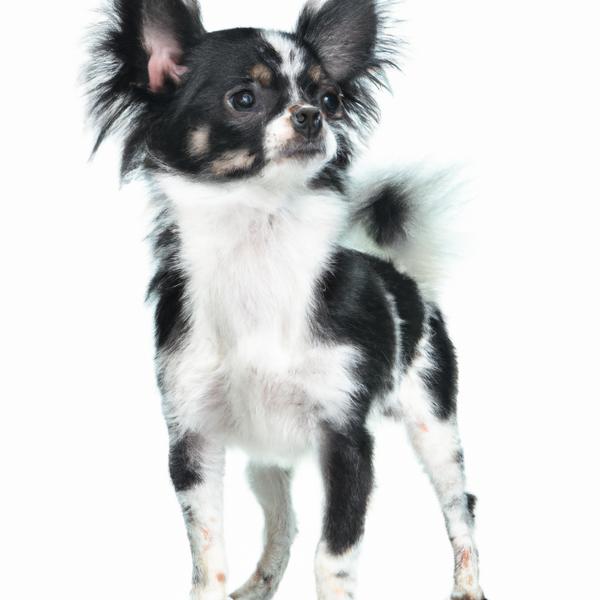Dogo Argentino vs. Chin-Ocker: Breed Differences and Similarities
Hypoallergenic
Are Dogo Argentinos or Chin-Ockers hypoallergenic, or neither?
Unfortunately, neither Dogo Argentino nor Chin-Ocker are hypoallergenic, which may not make them the best choice for dog lovers who suffer from pet allergies.
Temperament
What are the personalities of Dogo Argentino and Chin-Ocker dogs?
Sociable
Loyal
Protective
Tolerant
Loving
Playful
Loving
Independent
Alert
Intelligent
Friendly
Affectionate
Loyal
Trainable
Quiet
Faithful
Shedding Level
Do Dogo Argentinos shed more than Chin-Ockers, or which breed sheds more, Dogo Argentinos or Chin-Ockers?
Dogo Argentino or Chin-Ocker dogs are not heavy shedders, but they will lose a significant amount of hair each year. To decrease the amount of shedding, you can regularly brush your Dogo Argentino or Chin-Ocker. This will remove loose hair and keep their coat growing in the same direction.
Watchdog Ability
Which dog breed makes a better watchdog, the Dogo Argentino or Chin-Ocker?
Choose a Dogo Argentino if you want a top-notch watchdog. This breed takes guarding seriously, and may not require much training, though obedience or guard dog training can improve their skills.
Chin-Ockers aren't great guard dogs; they tend to just watch without taking action.
Origin
What is the origin of Dogo Argentino and Chin-Ocker dog breeds?
Argentina
United States
Ancestry
What are the origins of Dogo Argentino and Chin-Ocker breeds?
mastiff, cordoba fighting dog
Japanese Chin, Cocker Spaniel
Breed recognition
Which kennel clubs recognize/register Dogo Argentino and Chin-Ocker?
American Canine Registry
American Kennel Club
America's Pet Registry
Dog Registry of America Inc.
Federation Cynologique Internationale
National Kennel Club
North American Purebred Registry, Inc.
American Canine Association, Inc.
Federacion Cinologica Argentina
Backwoods Bulldog Club
ACHC = American Canine Hybrid Club
DDKC = Designer Dogs Kennel Club
DRA = Dog Registry of America, Inc.
IDCR = International Designer Canine Registry®
Date of Birth
When were Dogo Argentino and Chin-Ocker breeds first developed?
1920s
2000s
Eye Color Possibilites
What are the eye colors of Dogo Argentino and Chin-Ocker dogs?
Brown
Amber
Brown
Nose Color Possibilites
What are the natural nose colors of Dogo Argentino and Chin-Ocker?
Black
Black
Coat Color Possibilites
What are the natural colors of the coat for Dogo Argentino and Chin-Ocker breeds?
White
Cream
White
Pied
Coat Length
What is the typical coat length for Dogo Argentino and Chin-Ocker breeds?
Dogo Argentinos have coats that can be either short or medium in length.
Chin-Ockers have longer coats compared to most dogs.
Coat Density
What is the density of the coat of Dogo Argentino and Chin-Ocker?
Coat Texture
What is the hair texture of Dogo Argentino and Chin-Ocker?
Straight
Wiry
Litter Size
What is the usual litter size for Dogo Argentino and Chin-Ocker?
A Dogo Argentino can have a litter of 10-12 puppies on average. However, it's worth noting that the size of the litters can vary greatly. Factors that can influence litter size include the health of the mother, breeding history, and genetics.
A Chin-Ocker can have a litter of 6-8 puppies on average. However, it's worth noting that the size of the litters can vary greatly. Factors that can influence litter size include the health of the mother, breeding history, and genetics.
Adaptability
Dogo Argentinos have average adaptability to changes in lifestyle and living environments compared to other breeds.
Chin-Ockers are highly adaptable and versatile, making them excellent companions for families and individuals of all lifestyles.
Health Issues
Between Dogo Argentino and Chin-Ocker, which breed is more prone to health problems?
Dogo Argentinos are susceptible to health issues like all breeds, so it's important to monitor their health and seek veterinary care when needed.
While the Chin-Ocker breed is generally healthy, occasional vet check-ups are still necessary to address any health concerns.
Major Concerns
What are the major health concerns for Dogo Argentino and Chin-Ocker breeds?
About 10% Of Dogs Are Born Deaf
Hypothyroidism
Hip Dysplasia
Minor Concerns
What minor health issues should be kept in mind when owning Dogo Argentino and Chin-Ocker?
Glaucoma
Laryngeal Paralysis
Ear Infections
Patellar Luxation
Cataracts
Glaucoma
Corneal Dystrophy
Atopy Dermatitis
Occasional Tests
What occasional tests are recommended for Dogo Argentino and Chin-Ocker breeds?
Eye
Hearing
Skeletal
Thyroid Tests
Eye Examination
Eye Examination
Physical Examination
Radiographs
Energy
How do the energy levels of Dogo Argentinos and Chin-Ockers compare?
Dogo Argentinos' high energy levels make them unsuitable for a low-key dog, choose accordingly.
Chin-Ockers are suitable for those with a balanced lifestyle as they have an average energy level.
Social Needs
Dogo Argentino vs Chin-Ocker social needs comparison
Dogo Argentino has average social needs and is less independent than other breeds.
Chin-Ocker has very high social needs and requires regular mental and physical stimulation, a job or purpose, and companionship.
Exercise Needed
Dogo Argentino vs Chin-Ocker exercise need comparison.
Dogo Argentinos require significant physical activity and suit those with an active lifestyle.
Chin-Ockers need only a small amount of physical activity, ideal for busy or elderly people or those with limited space.
Sleeping Need
Which of the two sleeps the most/least: Dogo Argentino or Chin-Ocker?
Dogo Argentinos sleep less than other breeds but still need adequate sleep for good health.
Chin-Ockers have moderate energy levels and typical sleep patterns of 12-14 hours per day.
Tendency to Bark
Do Dogo Argentinos or Chin-Ockers bark more/less frequently?
Compared to most other breeds, Dogo Argentino and Chin-Ocker tend to be less vocal and bark less frequently. They typically only bark when necessary, such as to communicate or alert their owner, and do not bark excessively, especially when left alone.
Mouthiness
Mouthiness Comparison: Dogo Argentino vs Chin-Ocker?
Roaming urge
Dogo Argentino vs Labrador: Running away tendency?
Prey Drive
Dogo Argentino or Chin-Ocker - which breed has a higher level of prey drive?
Activity Level
Which breed has higher energy, Dogo Argentinos or Chin-Ockers?
Both Dogo Argentino and Chin-Ocker are medium-energy dogs that enjoy socializing and playing with other dogs. They may engage in casual or sustained games of chase, and occasionally have bursts of barking or racing around the house.
Tolerance of being left alone
Walks per Week
How many miles should Dogo Argentino or Chin-Ocker walk each week?
There's really no limit to how far you walk your dog as long as they're comfortable. For Dogo Argentino, it's at least 10 miles / week. Just remember to build distance and stamina gradually over time.
There's really no limit to how far you walk your dog as long as they're comfortable. For Chin-Ocker, it's at least 8 miles / week. Just remember to build distance and stamina gradually over time.
Activity per Day
Do Dogo Argentinos or Chin-Ockers require more exercise?
Both Dogo Argentino and Chin-Ocker typically require a minimum of 60 minutes of exercise each day. The exercise can be spread throughout the day and may involve high-energy activities like walking, running, and playing.
Grooming
Which breed is easier to maintain in terms of grooming, Dogo Argentinos or Chin-Ockers?
The Dogo Argentino has low grooming needs and is easy to maintain.
The Chin-Ocker requires an average amount of grooming compared to other breeds.
Brushing Frequency
What is the recommended brushing frequency for Dogo Argentino and Chin-Ocker dogs?
Dogo Argentino and Chin-Ocker should be brushed at least once a week. Of course, you can give them more frequent brushes if you find that they are still shedding a lot.
Brushing Tools
What brushing tools are used for Dogo Argentinos and Chin-Ockers?
Slicker Brush
Nail Clipper
Slicker Brush
Dematter
Comb
Nail Clipper
Cups
How much food should be given to Dogo Argentino or Chin-Ocker in cups?
For an average 88-100 pound (40 - 45 kg) Dogo Argentino feed 3 cups daily. But, keep in mind, the amount you feed is going to be dependent on the quality of the food you are feeding.
For an average 15-25 pound (7 - 11 kg) Chin-Ocker feed 1 cups daily. But, keep in mind, the amount you feed is going to be dependent on the quality of the food you are feeding.
Daily Cost
Which breed has a higher daily cost, Dogo Argentino or Chin-Ocker?
The average cost of a Dogo Argentino is somewhere $2.10 - $2.70 per day.
The average cost of a Chin-Ocker is somewhere $1.10 - $1.40 per day.
Monthly Cost
Which breed has a higher monthly cost, Dogo Argentino or Chin-Ocker?
The average per month expenses of a Dogo Argentino is between $55 - $73. This makes an average of $660 - $876 per year. It will be on the higher side when the dog is still small because it will need more frequent visits to the vet, shots.
The average per month expenses of a Chin-Ocker is between $35 - $42. This makes an average of $420 - $504 per year. It will be on the higher side when the dog is still small because it will need more frequent visits to the vet, shots.
Intelligence
Comparing Intelligence: Dogo Argentinos vs Chin-Ockers
Dogo Argentino is a very intelligent and trainable breed.
Chin-Ockers are average in obedience intelligence but have a high IQ and may cause trouble if left unsupervised.
Sensitivity Level
How do Dogo Argentino and Chin-Ocker compare in sensitivity?
Dogo Argentinos have average emotions and adapt well to different situations.
This breed is sensitive and requires gentle handling and a calm home environment.
Affection Dependance
Which is the more affectionate dog breed: Dogo Argentino vs Chin-Ocker?
Apartment Friendly
Which breed is more apartment-friendly: Dogo Argentino or Chin-Ocker?
The Dogo Argentino is not suitable for apartments and requires a large yard to thrive. Pent-up energy in small spaces can lead to destructive behavior.
Chin-Ockers make excellent apartment dogs, being fairly active indoors and not requiring a yard.
Child Friendly
Do Dogo Argentinos or Chin-Ockers have a friendlier temperament towards children?
Dogo Argentinos have an average level of friendliness towards children.
Chin-Ockers are good with kids if socialized and trained from a young age.
Senior-friendly
Which dog is more suitable as a pet for the elderly - Dogo Argentino or Chin-Ocker?
Cat Friendly
Do Dogo Argentino or Chin-Ocker breeds have a better compatibility with cats?
Dogo Argentinos are not cat friendly.
Chin-Ockers are very friendly with cats and make great companions for them.
Dog Friendly
Which breed is more sociable with other dogs: Dogo Argentino or Chin-Ocker?
Dogo Argentinos are not dog-friendly.
Chin-Ockers are friendly and active companions, and can be good family pets, though their friendliness towards other dogs may vary.
Pet friendly
How do Dogo Argentino or Chin-Ocker dogs interact with other pets?
Stranger Friendly
Which breed is more friendly with strangers: Dogo Argentino or Chin-Ocker?
Dogo Argentinos are not very stranger friendly.
Chin-Ockers are friendly but may bark at strangers, and training is easy due to their intelligence.
Playfulness
Which breed is more playful between Dogo Argentino and Chin-Ocker?
Dogo Argentinos have an average level of playfulness, enjoying playtime like most dogs but not excessively so.
Chin-Ockers are a playful breed that needs daily playtime to be happy.
Trainability
How do the trainability levels of Dogo Argentinos and Chin-Ockers compare?
Dogo Argentinos are usually easy to train but require consistency to fully obey commands.
Chin-Ockers are popular for their ease of training and quick learning ability.
Compare Dogo Argentino with other breeds
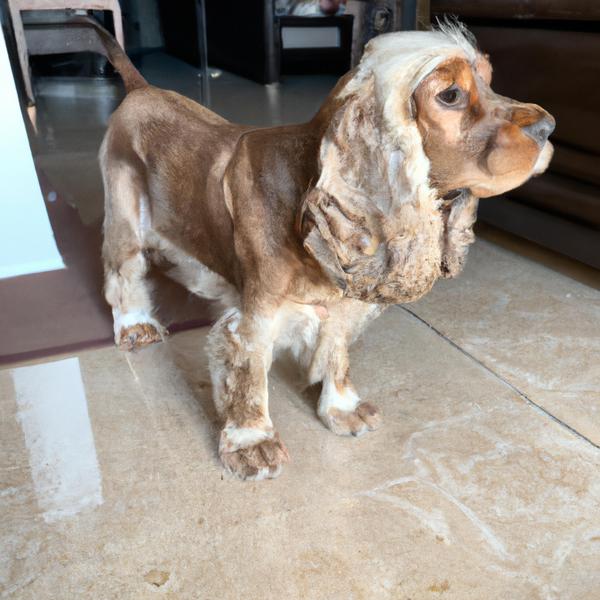
Mini English Cocker
Dogo Argentino vs Mini English Cocker
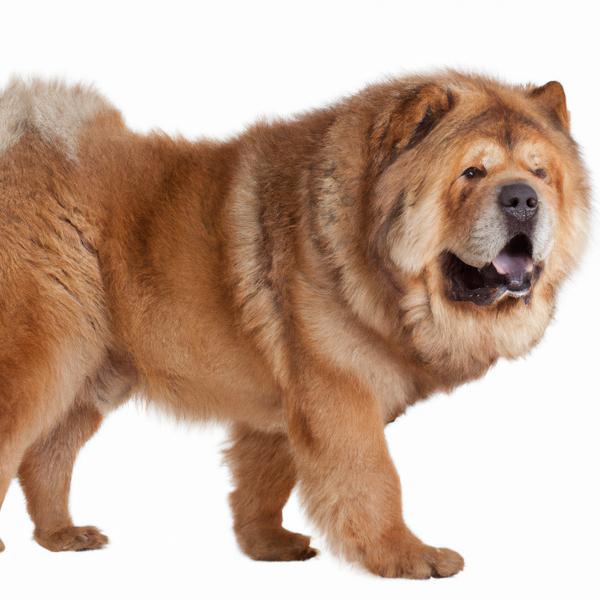
Chowpit
Dogo Argentino vs Chowpit
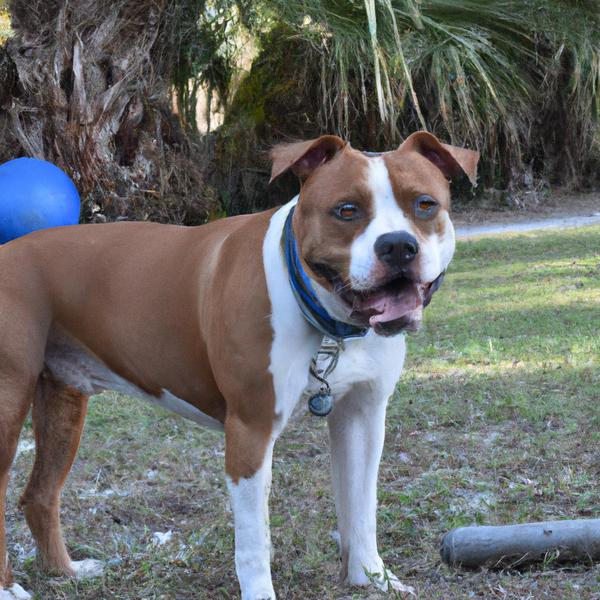
Bostillon
Dogo Argentino vs Bostillon
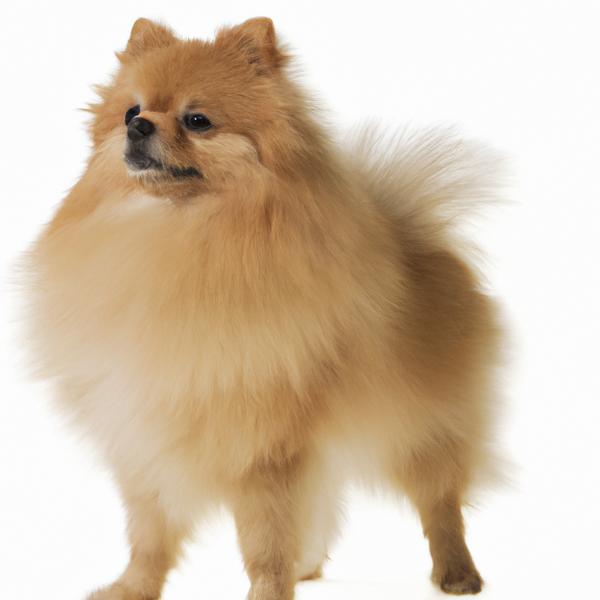
Schip-A-Pom
Dogo Argentino vs Schip-A-Pom
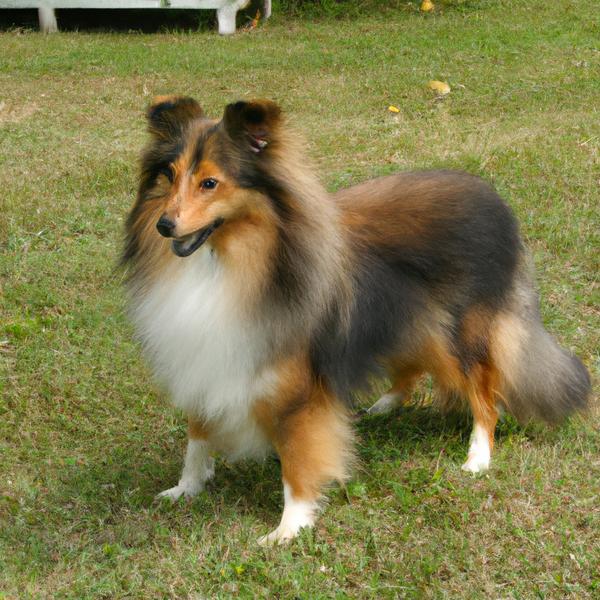
Sheltie Pin
Dogo Argentino vs Sheltie Pin
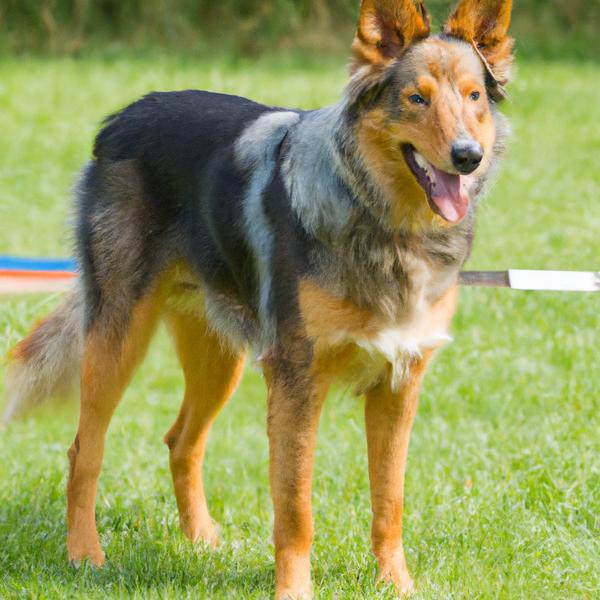
German Australian Shepherd
Dogo Argentino vs German Australian Shepherd
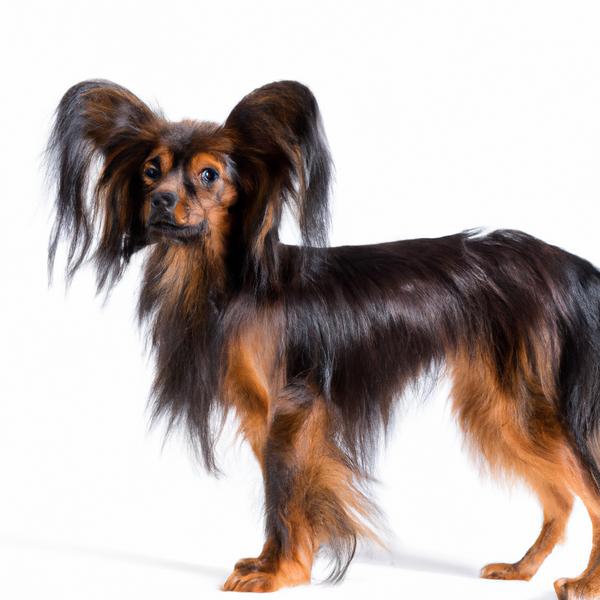
English Toy Spanese
Dogo Argentino vs English Toy Spanese
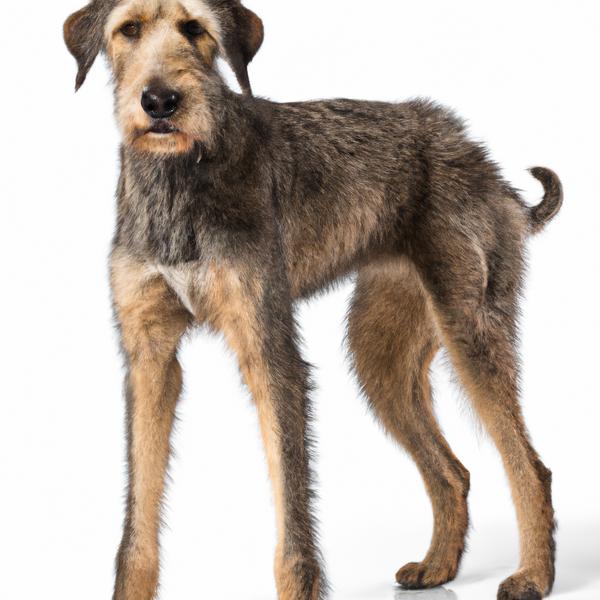
Tervard
Dogo Argentino vs Tervard
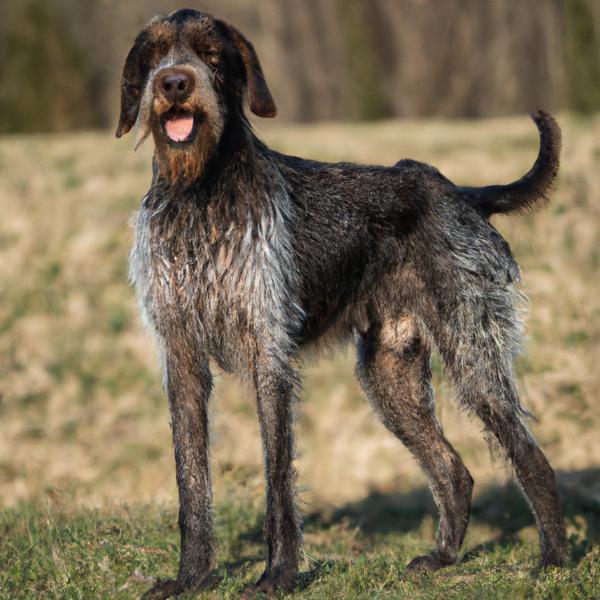
German Wirehaired Pointing Wolfhound
Dogo Argentino vs German Wirehaired Pointing Wolfhound
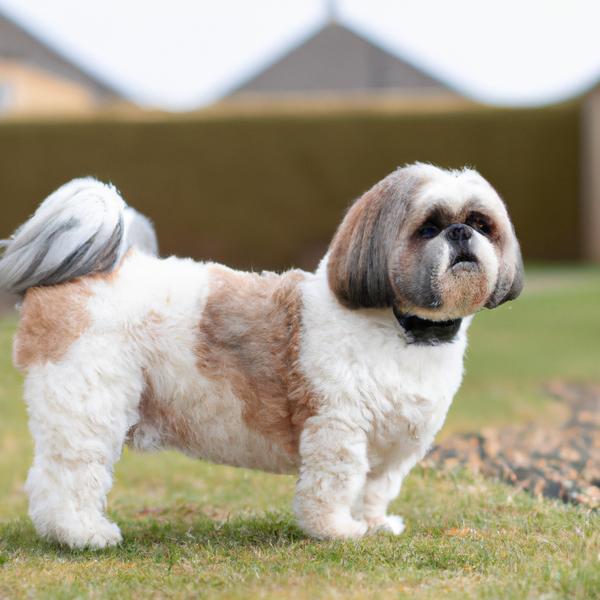
English Lhasa Bull
Dogo Argentino vs English Lhasa Bull
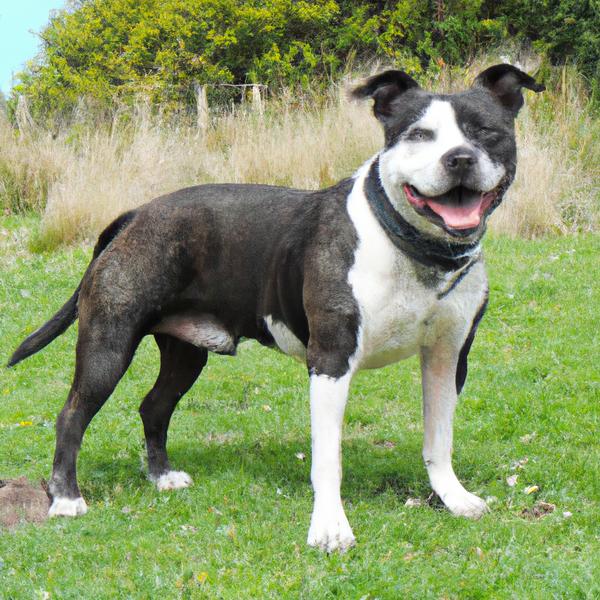
Border Collie Bull Staffy
Dogo Argentino vs Border Collie Bull Staffy
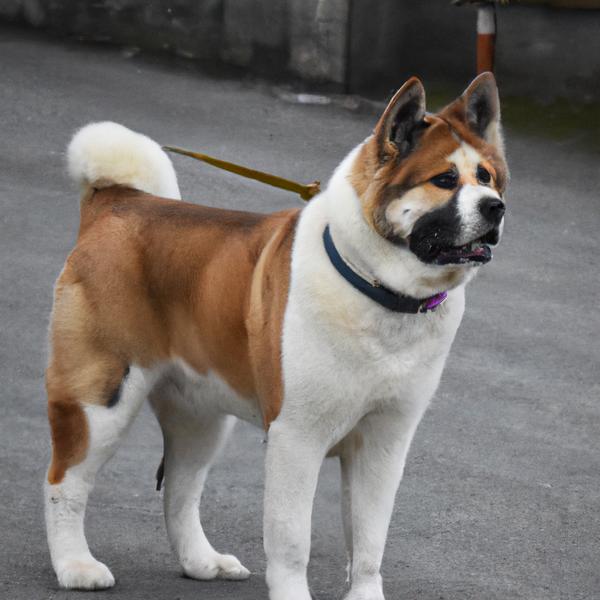
Bullkita
Dogo Argentino vs Bullkita
